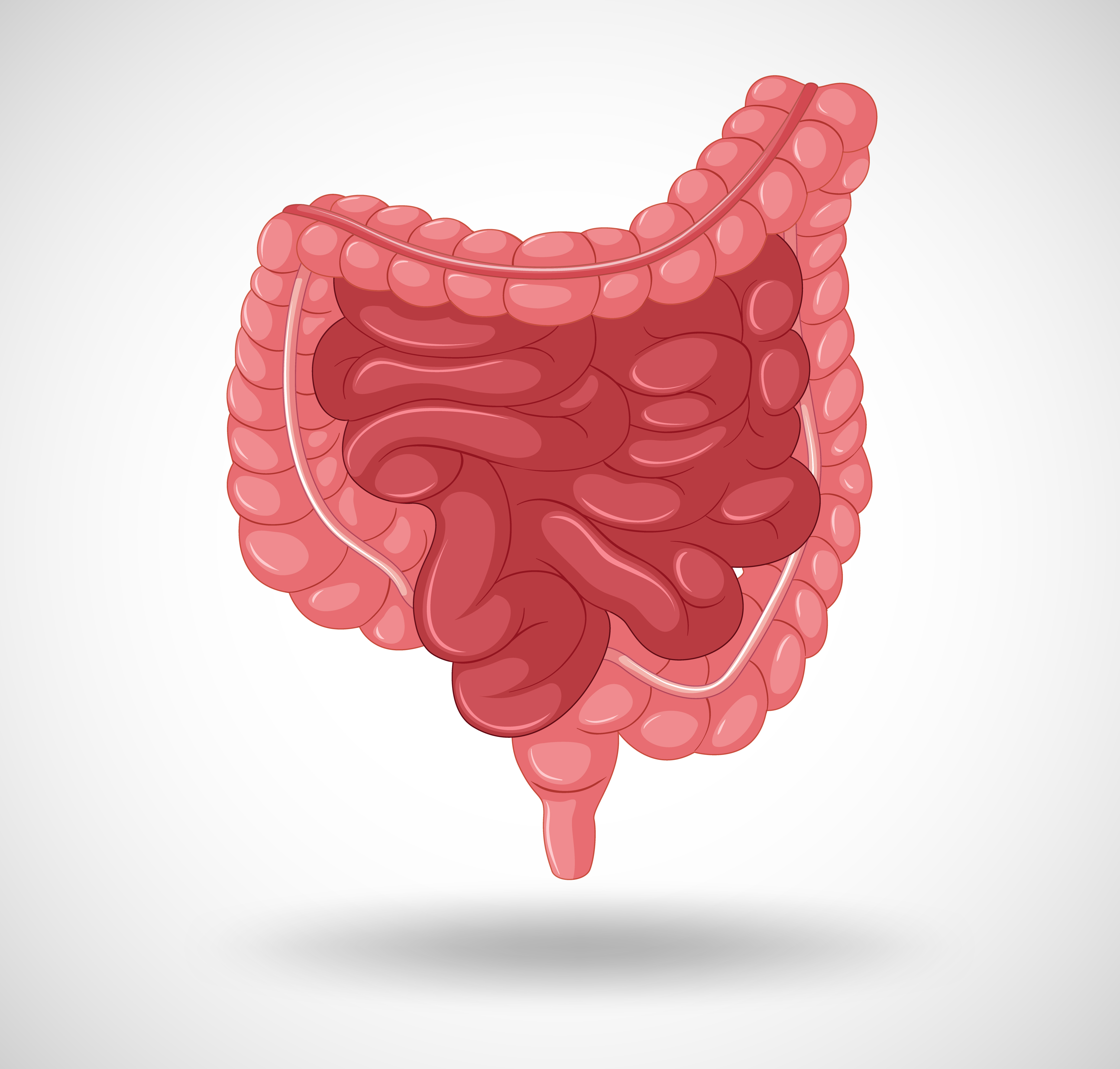Metro Colon Rectum - Proctology Corner – Pruritus Ani
Pruritus Ani is a fancy name for “itchy anus” but commonly goes by “jock itch” or “swamp butt”. The underlying driver for pruritus ani is irritation of the anal skin usually caused by moisture, chemicals, trauma, or diet. Sometimes no primary cause can be identified. These drivers lead to itching and scratching which further irritates the anal skin increasing the urge to itch and scratch. As you can imagine, this can be a downward spiral.
Typically, patients present with a persistent itching sensation around their anus with a rash. Sometimes the rash has minor bleeding. Rarely do individuals develop fevers or symptoms of an infection. The rash can extend from the anal area to the vagina/testicles or to the lower back and buttocks in certain advanced cases. Most patients will have tried topical creams or witch hazel pads, some will have tried steroid creams from another physician.
An evaluation for pruritus ani will focus on the patient’s perception of symptoms as well as physical exam findings. Questions regarding underlying medical issues, diet, exercise, hygiene, and prior procedures or surgeries can help identify potential causes. A thorough physical exam will evaluate both the external anal area and the internal anal canal and end of the rectum making note of the extent of the irritation.
Treatments involves managing symptoms while disrupting the cycle of irritation and inflammation. Simple changes in the household include changing to fragrance free soaps and lotions, cleaning the anus with water and patting dry, applying a cotton ball to the outside of the anus or wearing socks on one’s hands at night to prevent scratching. Thicker barrier creams assist with a protective barrier over the anal skin and limited use of steroid creams can help decrease itching and inflammation. Prolonged use of steroid creams can have a negative impact on the anal skin as it weakens it making it prone to micro trauma. In persistent cases, chili-powder based creams can help by depleting chemical transmitters in the anal area providing relief.
For persistent symptoms despite first- and second-line treatment plans, a colonoscopy and/or examination under anesthesia with mapping biopsies is indicated to rule out nefarious causes of anal pruritus. Both procedures are covered by insurance and are outpatient with a short recovery period. Once nefarious causes of pruritus have been eliminated and first- and second-line treatment plans have been exhausted, de-enervating injections into the anal skin can be considered.
In general, the prognosis for pruritus ani is excellent with symptom resolution in less than four weeks once the causing factor is identified. Recurring symptoms following resolution are not uncommon however and sometimes require long-term lifestyle changes to remain symptom free.

